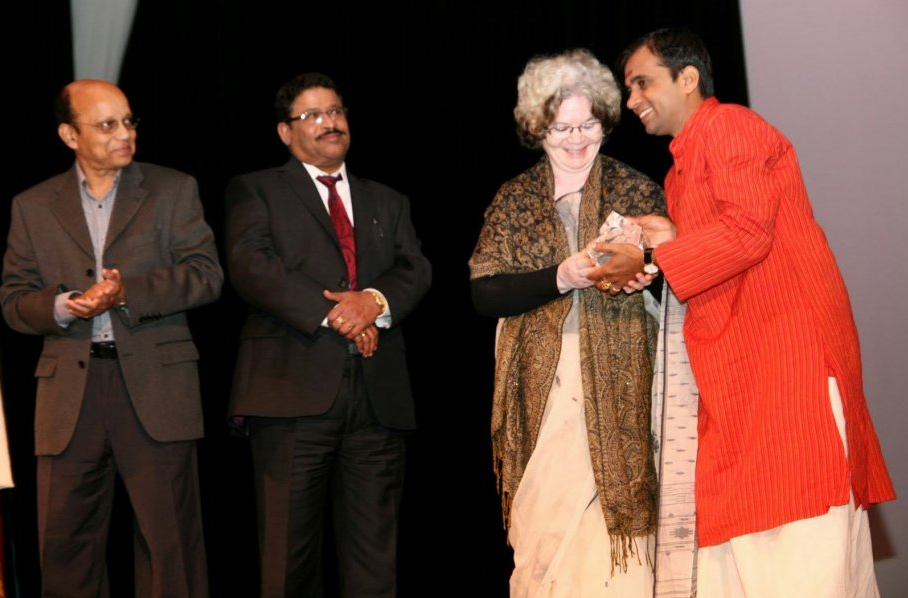Kala Puraskaram
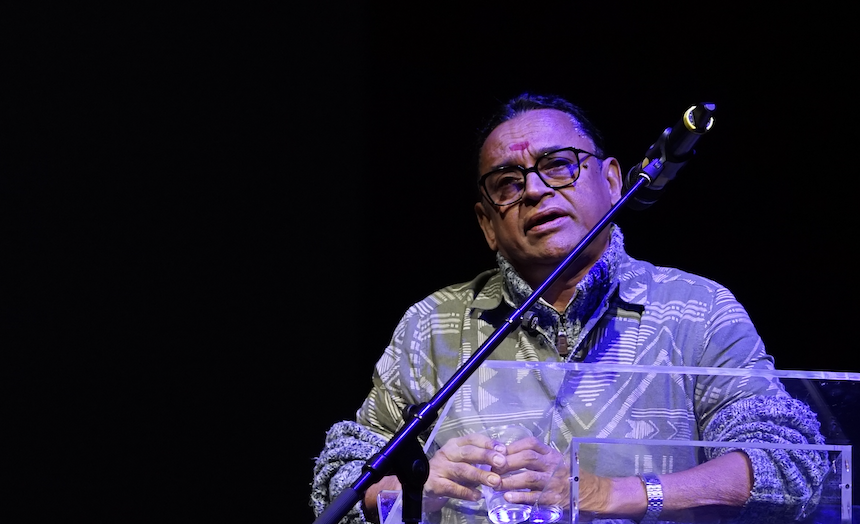
Kala Puraskaram – 2024
Kala Puraskaram awarded to Vayalar Sarath Chandra Varma
Vayalar Sarath Chandra Varma is a prominent Malayalam lyricist and poet, widely regarded for his contributions to Malayalam cinema and devotional music. As the son of the revered poet Vayalar Ramavarma, Sarath Chandra Varma upholds his father’s literary legacy while carving out his own place in the Malayalam music industry. Over the years, Varma has won multiple awards, including the Asianet Film Award for Best Lyricist and the P. Bhaskaran Award. His lyrics are known for their emotional depth and poetic quality, resonating strongly with audiences. His acclaimed works include songs from films such as Mizhi Randilum, Neelathaamara and Ayalum Njanum Thammil, showcasing his ability to blend traditional and contemporary themes with artistic finesse.
Kala Puraskaram awarded to Dr. G. Shankar
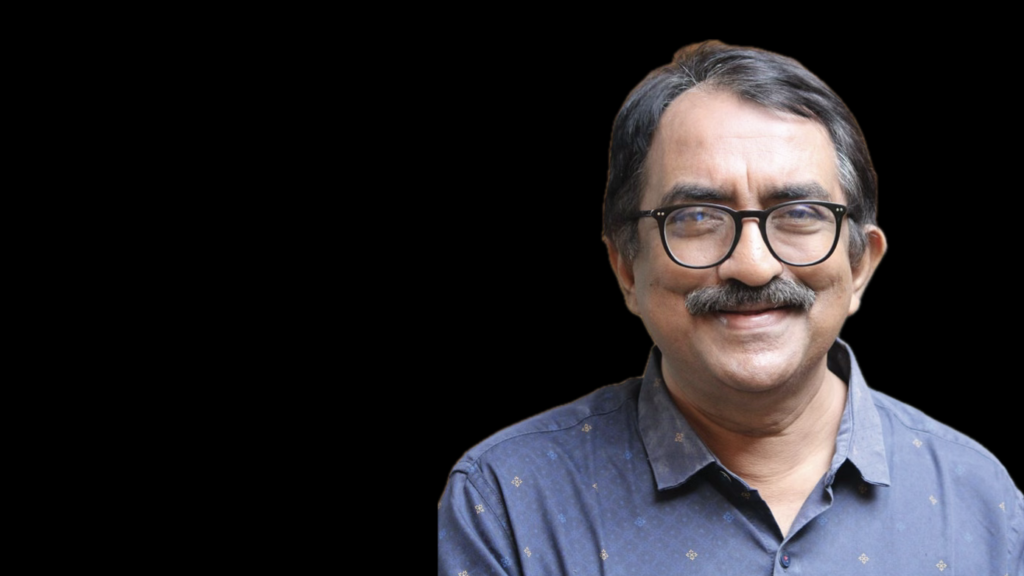
Kala Puraskaram – 2023
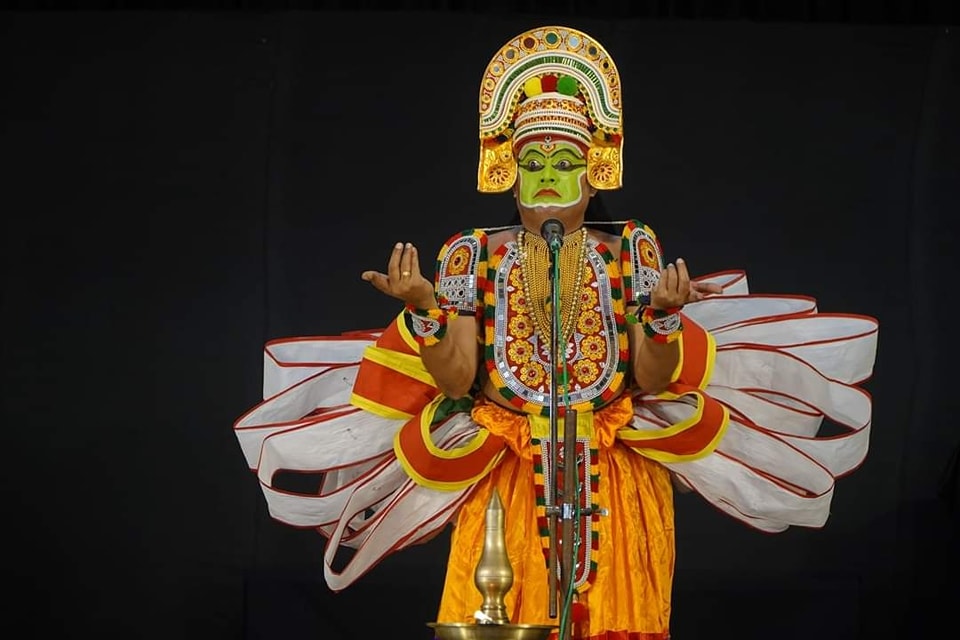
Kala Puraskaram – 2022
Kala Puraskaram awarded to Ambalapuzha Suresh Varma
Ambalapuzha Suresh Varma is a prominent Ottan Thullal artist from Kerala, recognized for his vibrant performances and dedication to the art form for over 29 years. A native of Ambalappuzha in the Alappuzha district, Varma developed his passion for Thullal during his school years and received formal training under Guru Vayalar Krishnankutty at the Kunjan Nambiar Memorial. His performances reflect the traditional roots of Thullal while sometimes adapting contemporary themes, showcasing the art form’s social relevance. His family background in the arts, with his father being a mridangam artist, further enriched his artistic foundation and support network. Varma continues to uphold and popularize this classical folk art, which combines humor, satire, and rhythmic storytelling, making it accessible to new generations in Kerala and beyond
Kala Puraskaram awarded to Sri C. J. Kuttappan
C. J. Kuttappan, a renowned folk singer from Kerala, has dedicated his life to preserving and promoting “Nadan Pattu,” Kerala’s traditional folk songs. Growing up near forests in Udumbanchola, his early experiences with nature influenced his deep connection to folk music. As a former chairman of the Kerala Folklore Academy, he has helped popularize folk traditions and founded the troupe “Thailiyam” to inspire future generations. Kuttappan has received multiple awards for his contributions, including the Kerala State Folklore Academy Award.
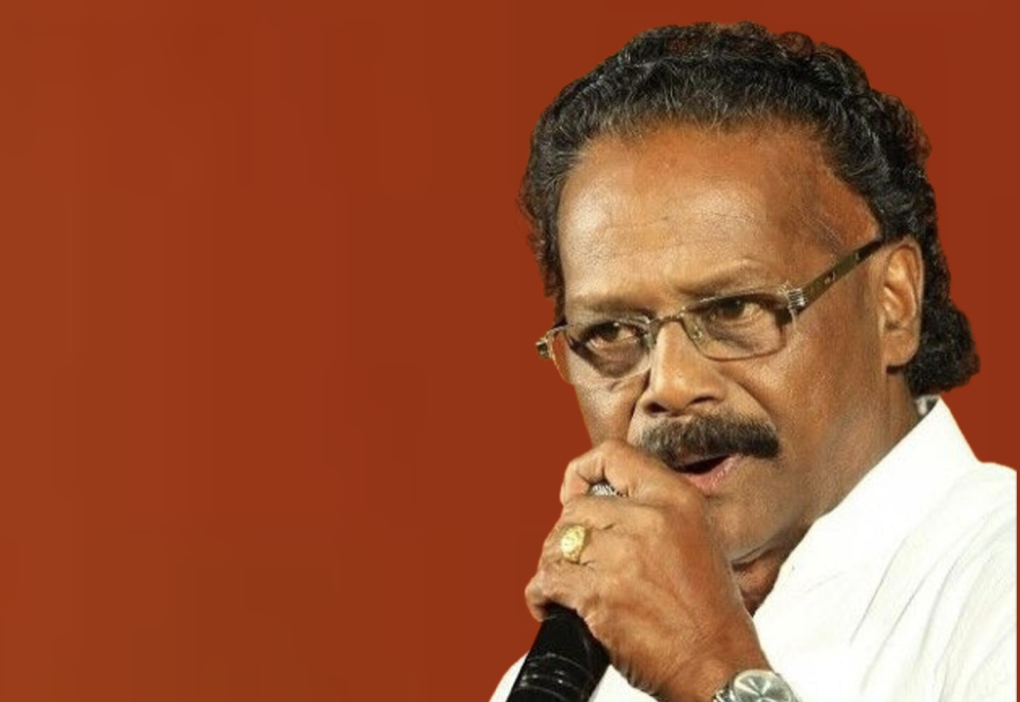
Kala Puraskaram – 2021
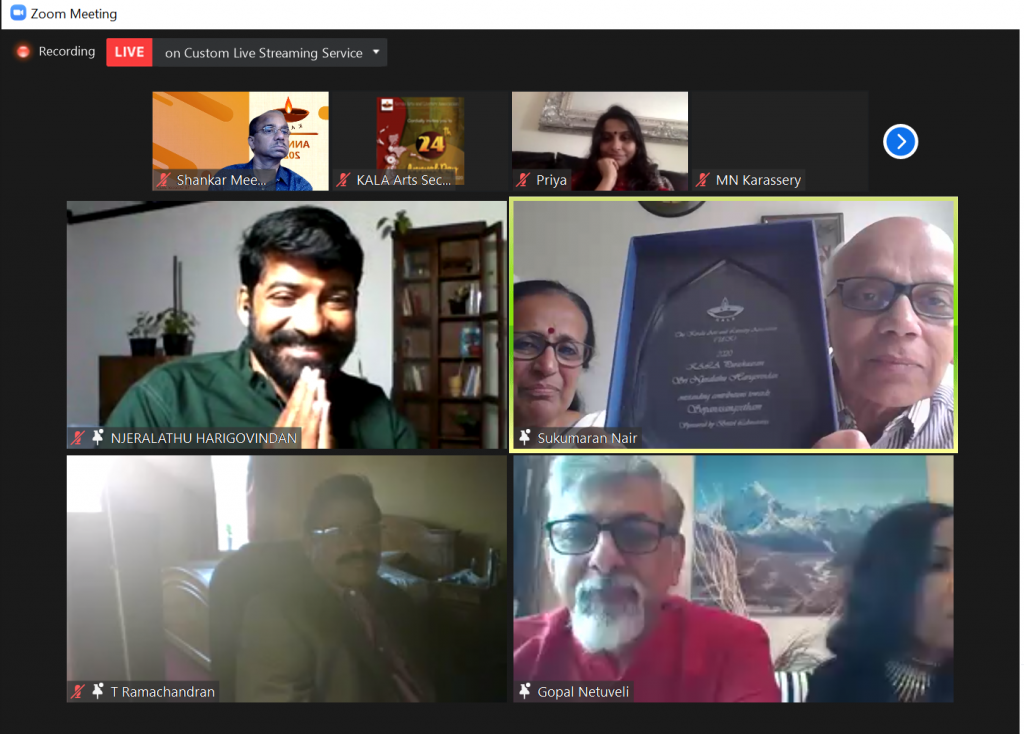
Kala Puraskaram – 2020
Kala Puraskaram awarded to Njeralathu Harigovindan
Uniquely Keralan, the Sopana Sangeetham originated in the triad of song, instrumental and dance and the blending of styles of the traditional Kavu Pattu with Ashtapadi. The evolution of Kerala music can be traced back to this art form. Reduced to a ritual, this art was on the verge of extinction when a new revival occurred. This award is a testimony to that.
Njeralathu Harigovindan is at the spearhead of that revival, which started with his father Njeralathu Rama Poduval, who brought Sopana Sangeetham out of the temple walls to the streets. Harigovindan went further spreading the artform with a missionary zeal. He liberated Sopana Sangeetham from its location, the traditional content and the theme making it a musical tradition rather than a ritual, ensuring its continuity
Kala Puraskaram awarded to Dr G. Indu
Nangiarkoothu is one of Kerala’s ancient art forms that is a part of Kootiyattam, which UNESCO has accepted as an oral and intangible: heritage for humankind. Nowadays Nangirkoothu is often performed independently on its own.
Dr G. Indu has played a great role in the creation of this identity for Nangiarkoothu. She trained under Sri Moozhikkulam Kochukuttan Chakyar and Sri Margi Madhu starting at an early age balancing the multiple and differing roles in her life to practice the artform with the utmost dedication. She shines not only as a performer but also as an academic with a PhD based on Kootiyattam.
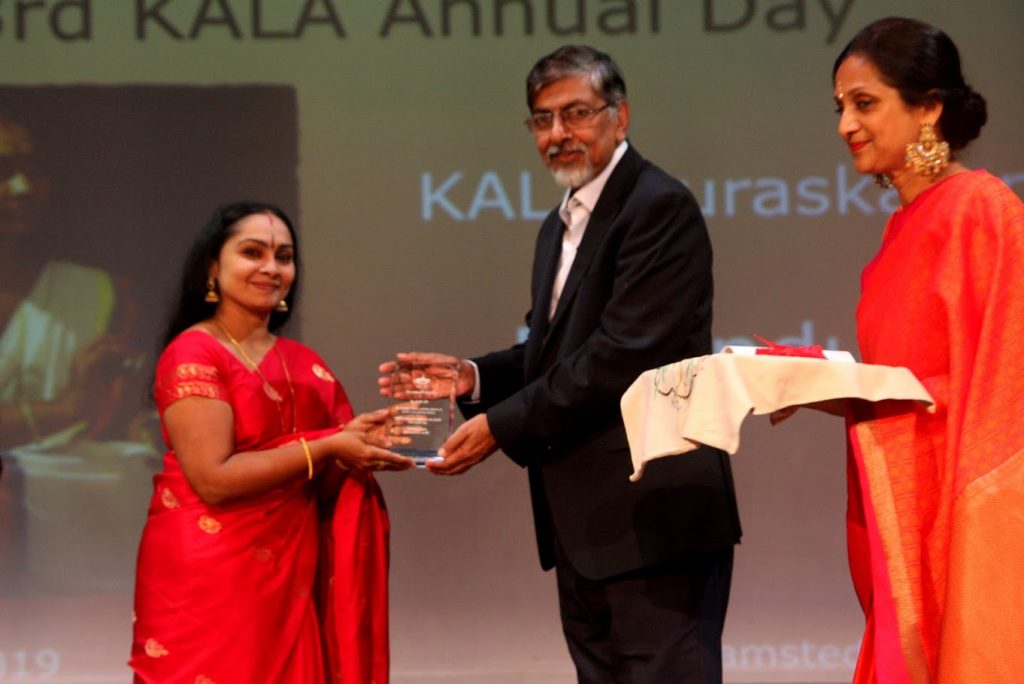
Kala Puraskaram – 2019
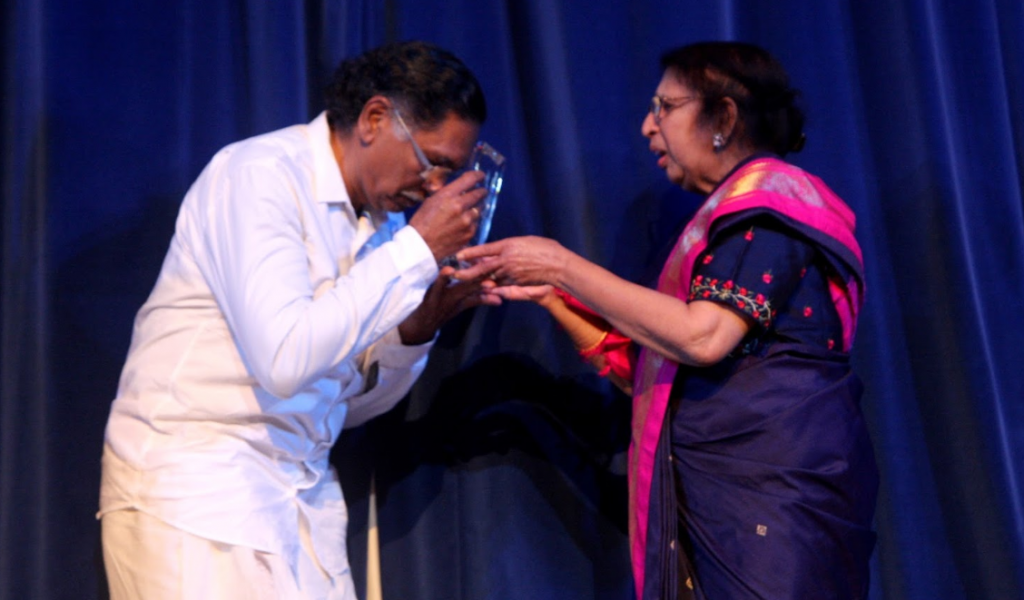
Kala Puraskaram – 2018
Kala Puraskaram for 2018 was awarded to Prof V Madhusoodanan Nair
A poet who unfettered Malayalam poetry from the limits of letters and broke it into the world of sounds; Professor Madhusoodanan Nair is presently the foremost oral poet in Kerala. “It is the eminence that prompted KALA to award him Kala Puraskaram 2018 for pushing the frontiers of Malayalam poetry”
Kala Puraskaram awarded to Sri Nelliyodu Vasudevan Namboodiri
Shri Nelliyode Vasudevan Namboodiri is one of the inspired geniuses behind the ferocious red bearded character or ‘chuvanna thaadi vesham’, (pictured on the back cover). The characters portrayed through this vesham are usually raakshasans (demons), asuras (personifications of evil) and cruel kings. He is widely acclaimed as the most talented of Kathakali artistes to present the chuvanna thaadi vesham
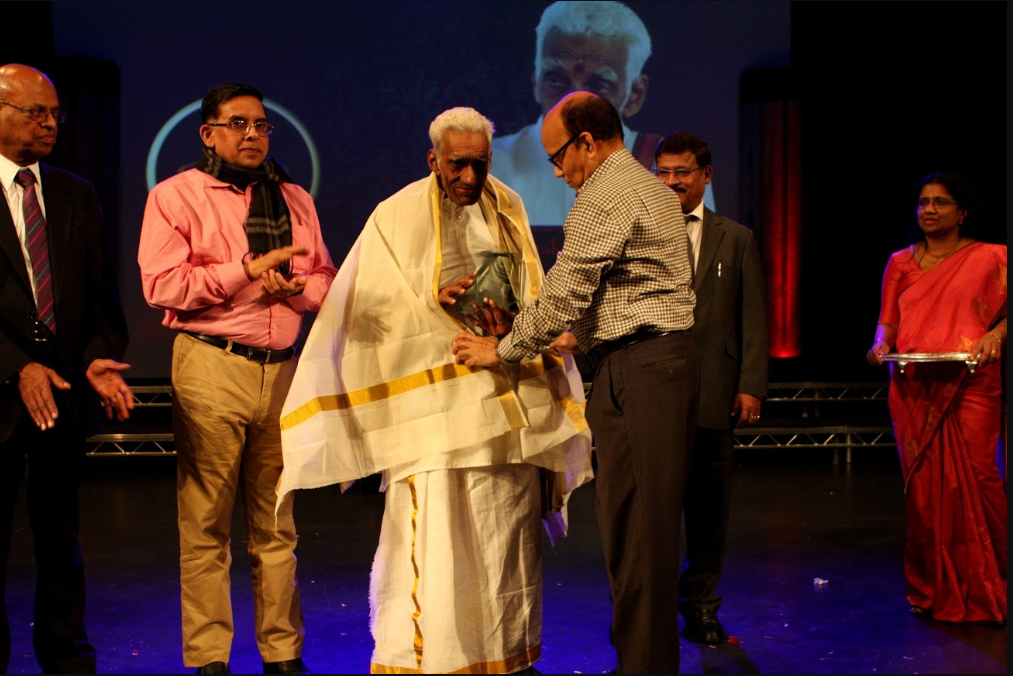
Kala Puraskaram – 2017
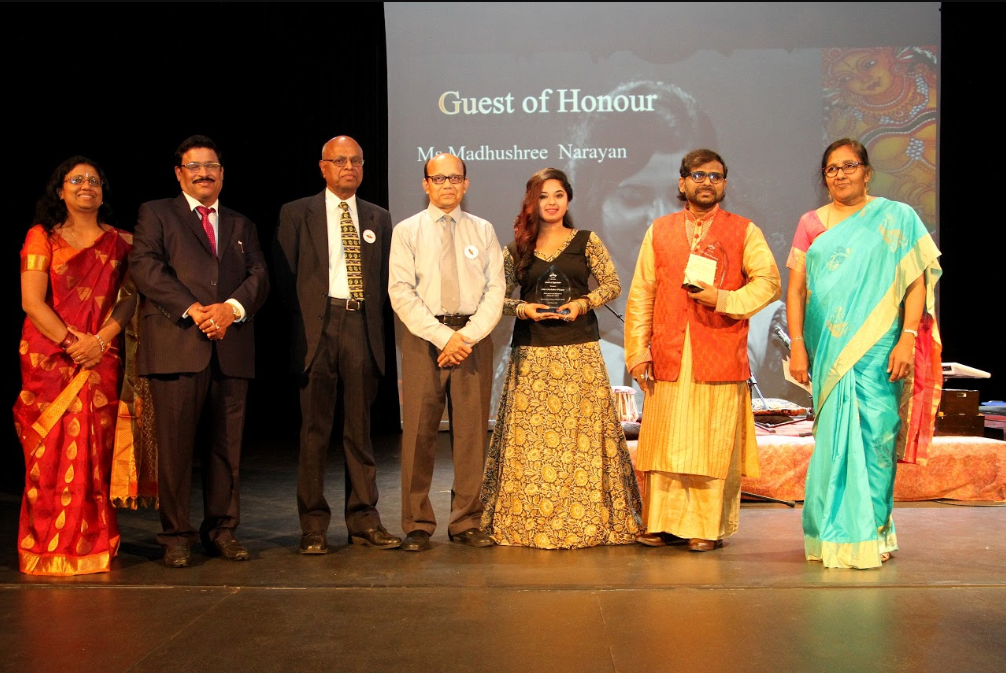
Kala Puraskaram – 2016
Kala Puraskaram awarded to Pandit Ramesh Narayan
Padit Ramesh has been a fan of music from childhood and hails from a very talented musical family – his father, the late Narayana Bhagavathar, was a well-known musician of his time and his mother, blessed with priceless Swarashuddhi. His own little family made up of wife, Hema, and daughters Madhuvanti and Madhushree, are also musically gifted.
Kala Puraskaram awarded to Sri Ettumanoor Kannan
Born in 1968, Kannan started his Kathakali training at the early age of nine. For the next 22 years, he trained in Kalluvazhi (Northern) style under great and celebrated masters like Kalamandalam Vasu Pisharodi (disciple of Padmasree Vazhenkata Kunchunair), Kalanilayam Mohankumar (disciple of Guru Kalamandalam Kuttan) and Padmasree Mani Madhava Chakyar. The versatility of Kannan can be perceived in the multiple personae he presents: the Performer, the Academician, the Lecturer, and the Director. In Kathakali, Kannan shines in pacha and kathi roles. Perhaps Kannan’s uniqueness lies in his treatment of Kathakali academically and translating it for the foreign audience.
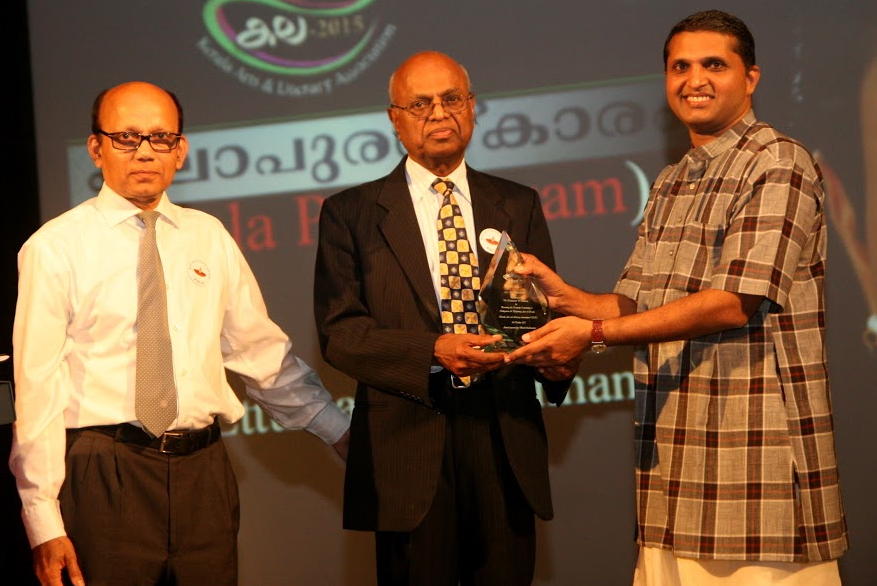
Kala Puraskaram -2015
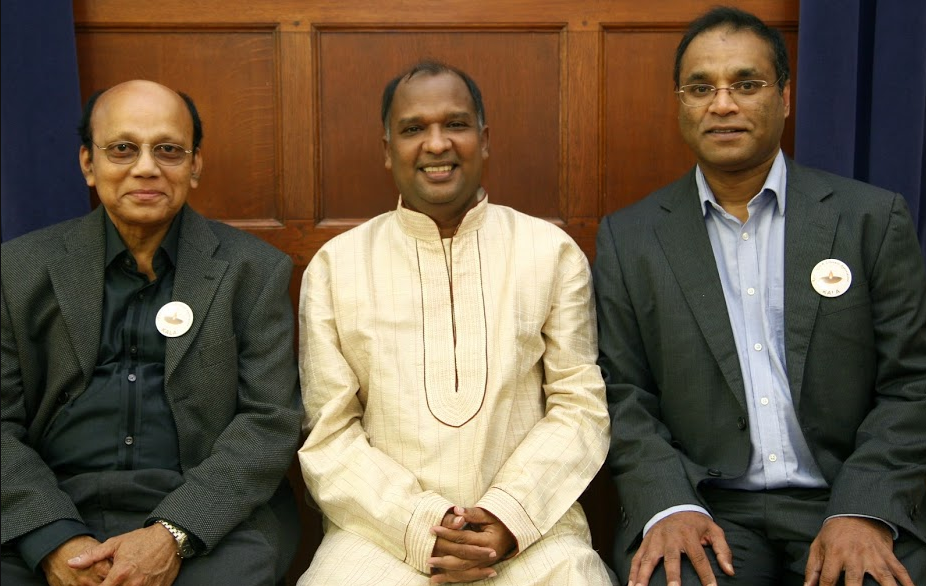
Kala Puraskaram – 2014
Kala Puraskaram was awarded to Kudamaloor Janardanan.
Kala Puraskaram was awarded to Guru Margi Madhu
Kutiyattam is, perhaps, the oldest theatrical art form in the world dating back two thousand years. Recognising this, UNESCO declared Kutiyattam as among the “Masterpieces of the Oral and Intangible Heritage of Humanity” in 2001. Kutiyattam is a Malayalam word which means “combined (kuti) acting (attam) and is a performed by male ( Chakyars) and female (Nangiars) actors, to the accompaniment of drummers (Nambiars) in temple theatres (Kuttampalams). Kutiyattam is used inclusively to refer to Kutiyattam, Nangiarkoothu (only Nangiars act) and Prabandha koothu (or Chakyar koothu, verbal acting by a single male actor).
